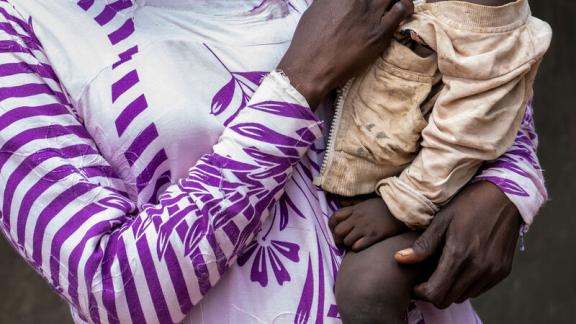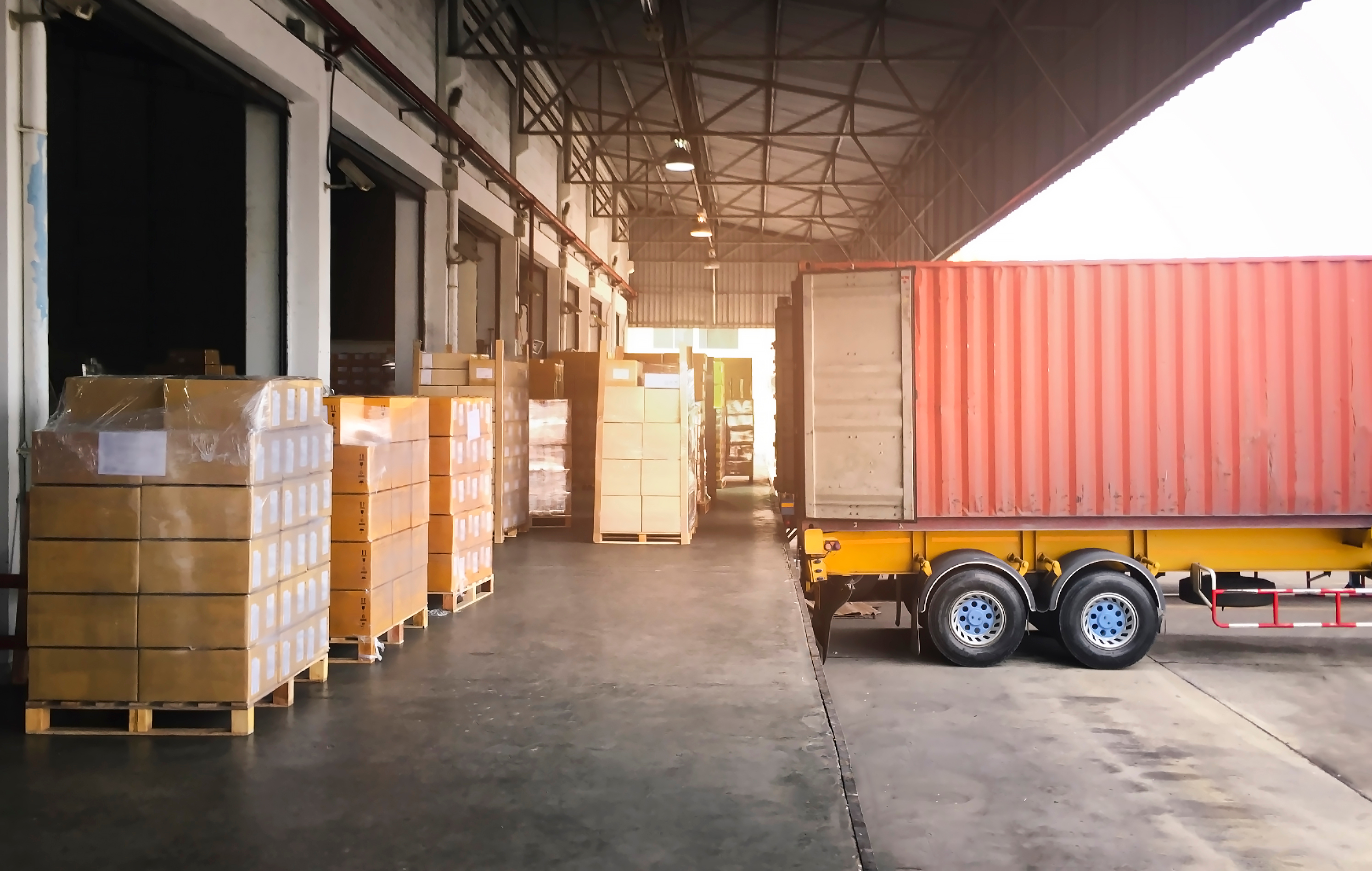16 October 2025 - The International Planned Parenthood Federation (IPPF) has been tracking the developing situation in Brussels, where the Trump administration is holding over $9.7 million of U.S.-funded contraceptives set to be destroyed. In August, IPPF shared that 77 percent of these resources were destined for five countries in the African region, with 1,031,400 injectable contraceptives and 365,100 implants earmarked for Tanzania alone. These countries have specific rules for pharmaceutical imports, and as the U.S. government holds these resources, the risk of them becoming ineligible for import becomes imminent and critical.
In addition to the cruel and ideological reasons for withholding these contraceptives, the U.S. government is exploiting import regulations to:
- Skirt around pressure from the Belgian government that would make incinerating these products in Belgium (Flanders) illegal while they are still eligible for import.
- Enact their initial plan to ensure these life-saving resources do not reach the communities who need them most by withholding them until they become ineligible for importation, and eligible for legal incineration.
- Use the import thresholds as a loophole to legally incinerate resources before their expiration dates in 2027 to 2029.
“Destination countries, including Tanzania (the main recipient), as well as others such as Malawi, Bangladesh, DR Congo, Kenya, apply importation rules that limit entry to medicines with a specific percentage of remaining shelf life. In Tanzania, for example, products with an original shelf life of more than 24 months cannot be imported if less than 60% of the total shelf life remains,” says Marcel Van Valen, Head of Supply Chain at IPPF. “Unless a practical solution is found urgently, the U.S. government may exploit this gap, allowing the products to sit until they technically fall below import thresholds and then justifying their destruction under the pretext of regulatory compliance.”
IPPF made continuous efforts to take ownership of these contraceptives and distribute them at no cost to the U.S. government, only to have offers denied. “There is no doubt we could have gone and collected the products in Belgium, processed them in the Netherlands and re-distributed them to where they were needed and/or destined for,” added Van Valen. “Since the start of the negotiations until this day, IPPF is in the position to release a budget (estimated to be max $1.5 million) to support the redistribution.”
Instead, the Trump administration has chosen to pursue destroying these resources, a decision that will create catastrophe for women and girls in Africa. By Tanzania’s standards, some products are below threshold already and many others come close to it; the country would have to grant an exemption waiver to allow their importation at this stage.
“Even if we were given the opportunity to push for a waiver to receive the contraceptives, because the Tanzanian government is restrictive around reproductive rights, we don’t know that such an exemption would be granted,” says Dr. Bakari Omary, Project Coordinator at Umati, IPPF's Member Association in Tanzania. “It’s urgent that we receive these resources before they become ineligible for import. The contraceptives being held represent 28% of the country’s total annual need, and not having them is already impacting clients’ reproductive health and family planning freedoms.”
“African women have long led the fight for reproductive rights and freedoms. The deliberate destruction of contraceptives for the sake of a political agenda is an attempt to strip them of the very freedoms for which they’ve been global advocates,” says Mallah Tabot, SRHR Lead at IPPF Africa. “The Trump administration’s use of import rules to push the blame onto African countries is a waste of millions of dollars, a crisis for human rights, and a betrayal of women’s freedom globally.”
Such a critical moment demands collective action. We call on the U.S. government to immediately distribute these resources to their destination countries, and on the European Union and European countries to champion SRHRJ by advocating for the release of the contraceptives.
Just as the Belgian government has done in enforcing an incineration ban on these goods, leaders of the European Union have an opportunity to demonstrate their values in action. We call on the E.U. to rally Member States, negotiate with the U.S., and explore all legal and diplomatic avenues to release these contraceptives from their hold and ensure they reach their destination countries.
For more information or to interview one of our staff, please contact media@ippf.org or +66628683089.
when
country
Tanzania
region
Africa, European Network
Subject
Contraception
African women have long led the fight for reproductive rights and freedoms. The deliberate destruction of contraceptives for the sake of a political agenda is an attempt to strip them of the very freedoms for which they’ve been global advocates - Mallah Tabot, SRHR Lead at IPPF Africa.











